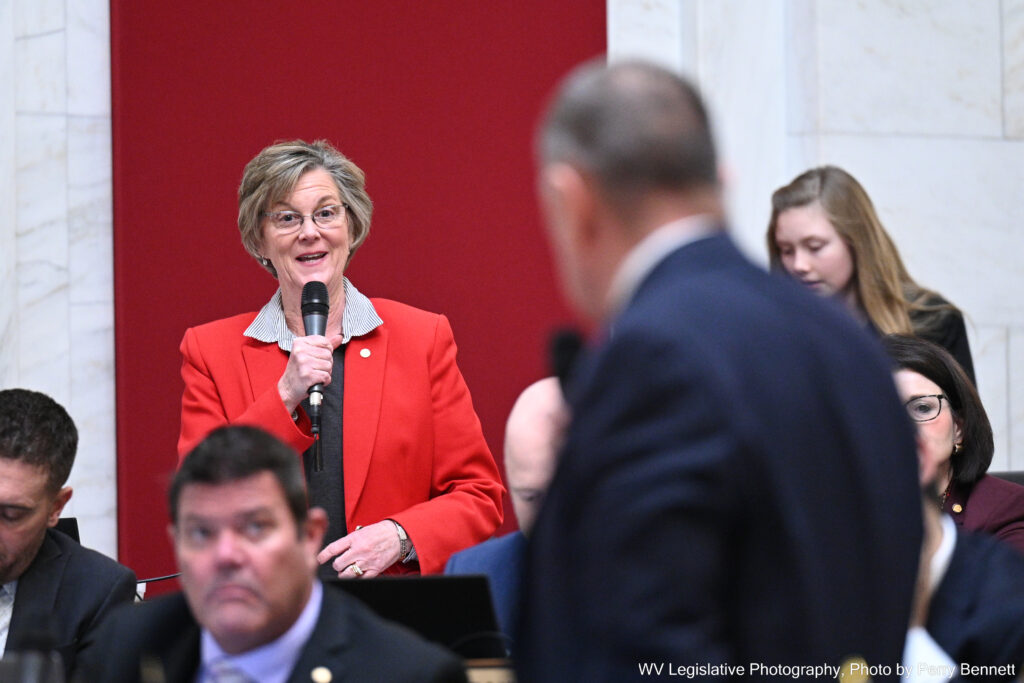In the House of Delegates Monday, a bill that passed third reading deals with the physician shortage in West Virginia and ways to expand medical services rendered to the public.
Most delegates agree that at times, getting in to see an eye doctor is as challenging as seeing an overbooked family doctor.
House Bill 4783 relates to the practice of optometry and allows optometrists to perform many procedures they already have been taught and trained for through accredited schools of optometry. Some of the procedures listed are now restricted to ophthalmologists.
Del. Amy Summers, R-Taylor, is a registered nurse. Summers said this legislation, presented for the third year, simply removes unneeded legislative restrictions.
“These professions; nurse anesthetist, optometrists, that we’re talking about today, they’re already trained to do these procedures,” Summers said. “What’s happened is the state government, the legislature, has prohibited them in law to do what they’re trained to do. We’re trying to get the government out of the way, remove those restrictions and allow patients to have easier access to care.”
House Bill 4432, previously passed by the House and now in the Senate Health and Human Resources Committee, gives more authority and procedure responsibility to nurse practitioners and nurse anesthetists. Del. Ric Griffith, D-Wayne, is a pharmacist. He said it’s vital to have thought out consideration with any legislation that expands who performs medical procedures.
“It’s good with caution,” Griffith said. “This bill is within the scope of their educational experience, and so I’m fine with it. But we do need to have the caution to not put these people into positions for which they’re not properly trained.”
Del. Matthew Rohrbach, R-Cabell, is a gastroenterologist. He says the House is working to find a happy medium regarding the expansion of patient care and conducting proper medical procedures.
“If people have training to evaluate problems or do certain procedures, I think we’re looking at ways to expand access to care, because as you know, there’s a tremendous physician shortage out there,” Rohrbach said. “If we don’t look at some alternative pathways, to allow people to get access to care, there’s just going to continue to be deeper and deeper problems with access. And that’s where the legislature is really trying to work. To be able to find some middle ground, make sure people have the training, but if they do have the training, to expand out the scope of practice a bit to alleviate some of these shortages.”
House Bill 4783, the optometry bill, passed 91 to 2 and now goes to the Senate.




















